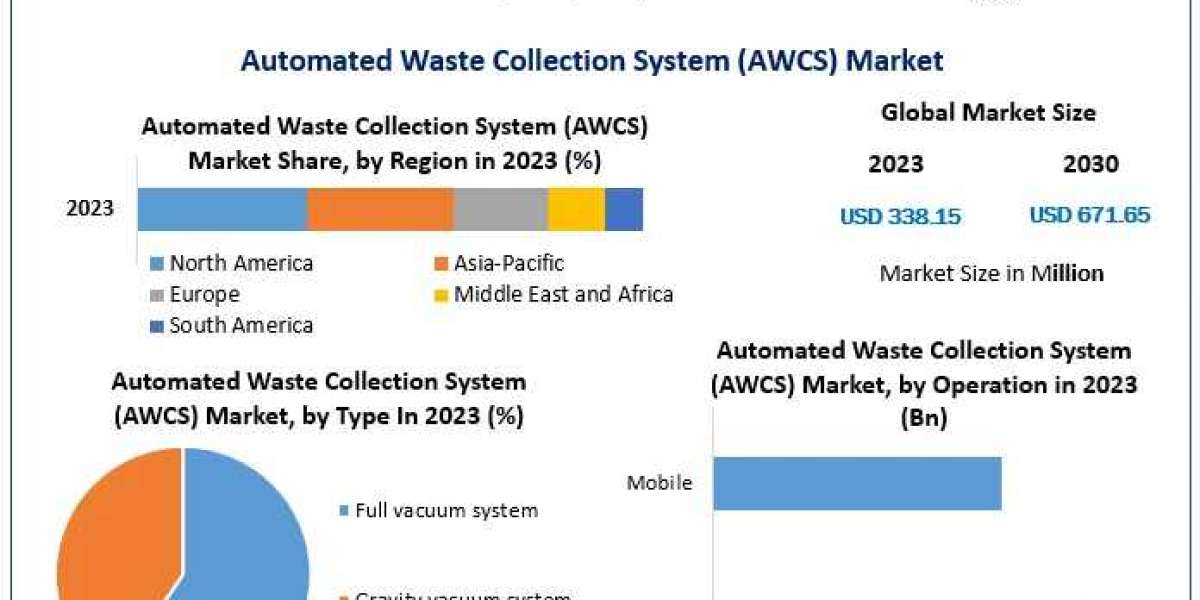The Body Area Network Market Share was valued at USD 14.2 billion in 2023, is anticipated to reach USD 34 billion by 2031, driven by a compound annual growth rate (CAGR) of 11.5% from 2024 to 2031. Key growth drivers include the increasing adoption of wearable health monitoring devices, which enhance personal health management and remote patient monitoring. Advances in sensor technology and wireless communication are also fueling market expansion by improving the functionality and efficiency of BAN systems. The rise in chronic health conditions and the growing emphasis on preventative healthcare are prompting greater demand for BAN solutions. Additionally, the integration of BAN with emerging technologies like IoT and AI is enhancing system capabilities and attracting investment, further accelerating market growth.
Growth drivers for the BAN market include the increasing prevalence of chronic diseases and the rising emphasis on preventive healthcare. As healthcare providers and individuals seek more effective ways to monitor health conditions and manage diseases, the demand for BAN solutions is surging. The proliferation of wearable devices, such as fitness trackers and smartwatches, which integrate BAN technology, is also contributing to market expansion. Additionally, advancements in sensor technology and wireless communication are enabling more accurate and reliable health data collection, further driving market growth.
The impact of the recession on the BAN market presents a mixed scenario. Economic downturns can lead to reduced consumer spending and lower investments in healthcare technology, which may temporarily affect the growth of the BAN market. However, the essential nature of health monitoring and the increasing adoption of remote health management solutions help mitigate some of these impacts. The growing focus on cost-effective healthcare solutions and the shift towards digital health technologies provide resilience against economic fluctuations.
Regionally, the BAN market shows varied growth patterns. North America and Europe are leading regions due to their advanced healthcare infrastructure, high adoption rates of wearable devices, and strong emphasis on digital health. These regions benefit from significant investments in healthcare innovation and technology. In contrast, the Asia-Pacific region, particularly countries like China and India, is experiencing rapid growth driven by increasing healthcare needs, rising disposable incomes, and expanding access to technology. Emerging markets in Latin America and the Middle East are also gradually adopting BAN solutions, spurred by growing health awareness and improvements in healthcare infrastructure.
The competitive outlook of the BAN market is dynamic, with established technology companies and innovative startups vying for market share. Major players are focusing on developing advanced BAN technologies with enhanced capabilities, such as improved data accuracy, longer battery life, and seamless integration with other digital health solutions. Strategic partnerships, collaborations, and acquisitions are common among companies seeking to expand their product offerings and enhance their competitive edge. Additionally, the growing trend of personalized medicine and the integration of BAN with Internet of Things (IoT) platforms are shaping the competitive landscape.
In conclusion, the Body Area Network market is set for continued growth, driven by advancements in wearable technology and a heightened focus on preventive healthcare. While economic downturns may pose short-term challenges, the essential role of BANs in health monitoring and management supports long-term market expansion. With varied regional growth and a competitive environment characterized by innovation and strategic development, the BAN market is well-positioned to meet the evolving demands of global health and wellness sectors.
Read Related Reports:
GaN Semiconductor Devices Market Share


